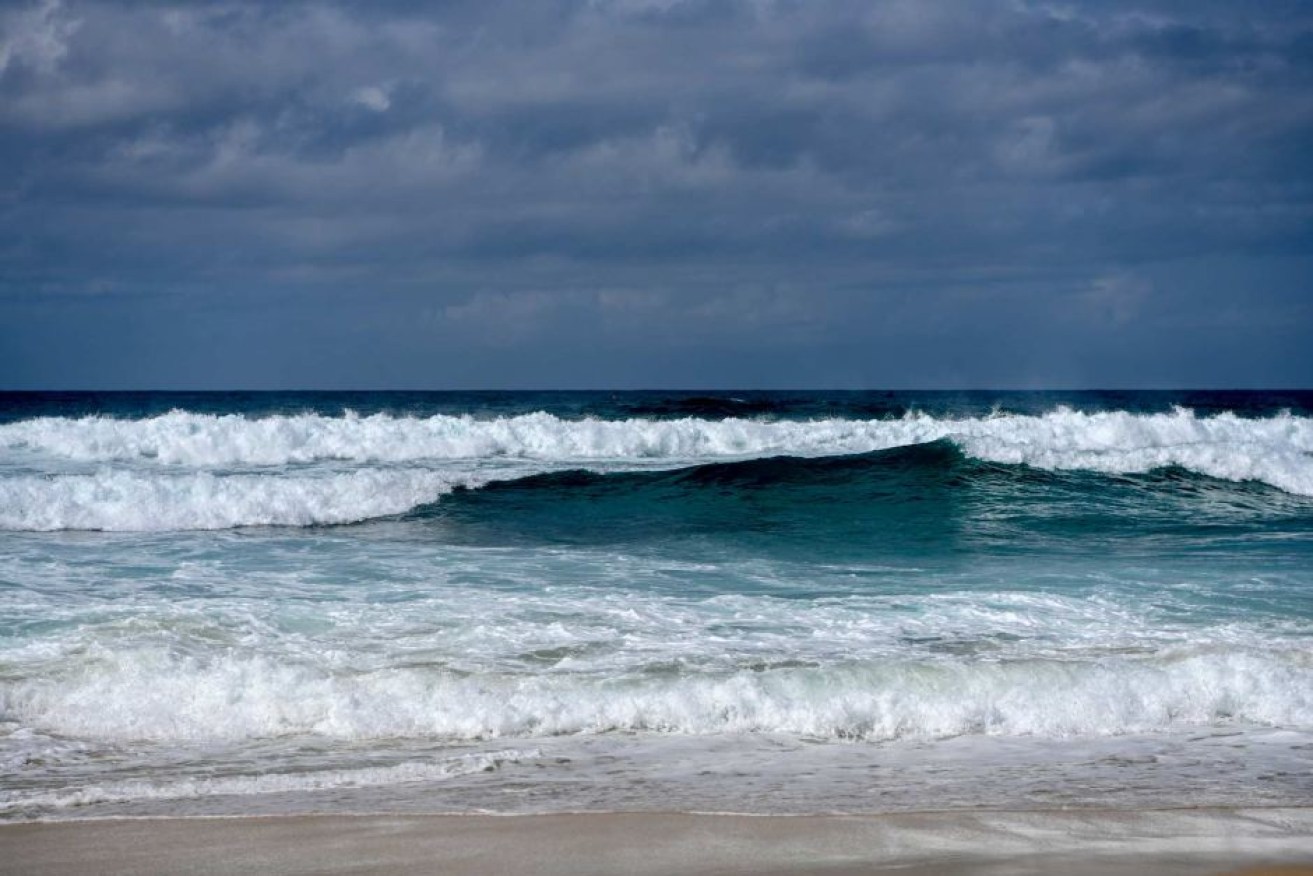World’s oceans at a tipping point, grave UN report warns

Most Australians live within 50 kilometres of the coast. photo: ABC
Australia’s beach lifestyle, tourism and seafood stocks are under threat unless rapid action is taken to mitigate the world’s changing climate, a new report warns.
The latest report from the United Nation’s climate scientists focuses on the ocean – which is warmer, more acidic and less productive – as well as ice, largely sea caps and glaciers.
Both are melting and could raise sea levels by 30 to 60cm by the end of the century if global warming is capped at two degrees, or by more than a metre if pollution rates continue on current trends.
Report co-author and Australian National University climate scientist Nerilie Abram says coastal communities could face extreme flooding at least once a year by 2050, when previously they were once-in-a-century events.
“In Australia, adapting coastal communities to unavoidable sea level rise is likely a priority,” she said.
“There are a range of possible options, from building barriers to planned relocation, to protecting the coral reefs and mangroves that provide natural coastal defences,” she said.
Climate change is already a daily reality for Australia’s neighbouring islands, Greenpeace’s head of Pacific Joseph Moeono-Kolio says.

Kiribati Is the most vulnerable of nations to climate change. Photo: AAP
The government is preparing for climate refugees and has already purchased property on Fiji so residents have somewhere to go, he told AAP.
But many residents, particularly elders, don’t want to leave their homes.
“It’s a difficult conversation we have to have now with our elders. We are living this reality everyday,” Mr Moeono-Kolio said.
“Ocean health and the climate crises are intrinsically linked. You can’t address one without addressing the other, to try and do so is a danger to all of us.”
Coral bleaching leads to a decline in fish to eat, he said.
The smaller islands of the Pacific are home to 65 million people, while four million people live in the Arctic region.
Climate change will also affect the 670 million people living in high mountain regions of the world and 680 million in low-lying coastal zones.
Australian Conservation Foundation CEO Kelly O’Shanassy is again calling for a transition to renewable energy and an end to fossil fuels.
“Australia has so much to lose,” she told AAP.
“We love the Great Barrier Reef, Ningaloo Reef and our other spectacular coral ecosystems. We love our beaches. We love fishing and water sports.
“Call your MP and ask them to stop building new coal mines and switch Australia from coal to renewable energy. The future is shaped by those that take action today.”
More than 100 authors from 36 countries worked on the report, which references 7000 scientific publications.
-AAP








